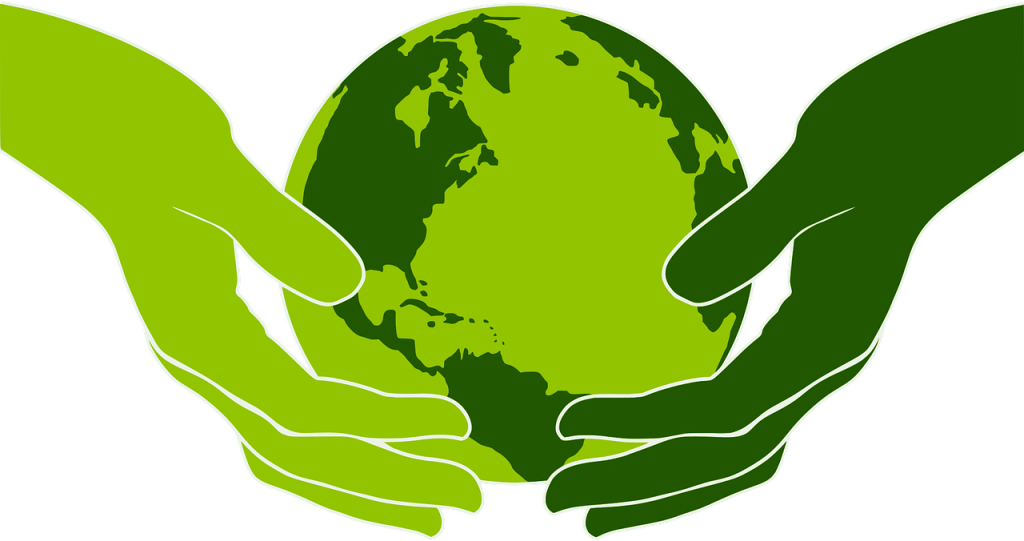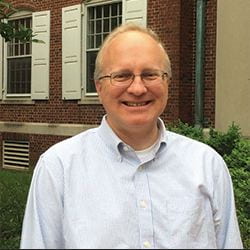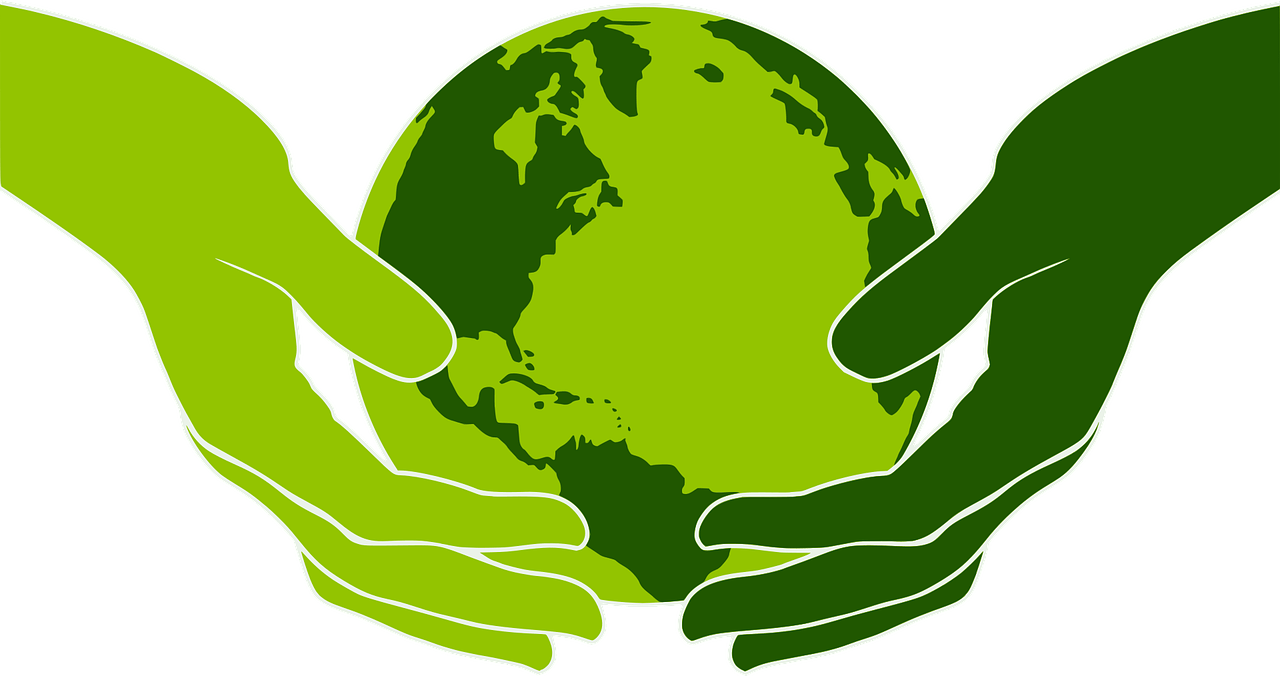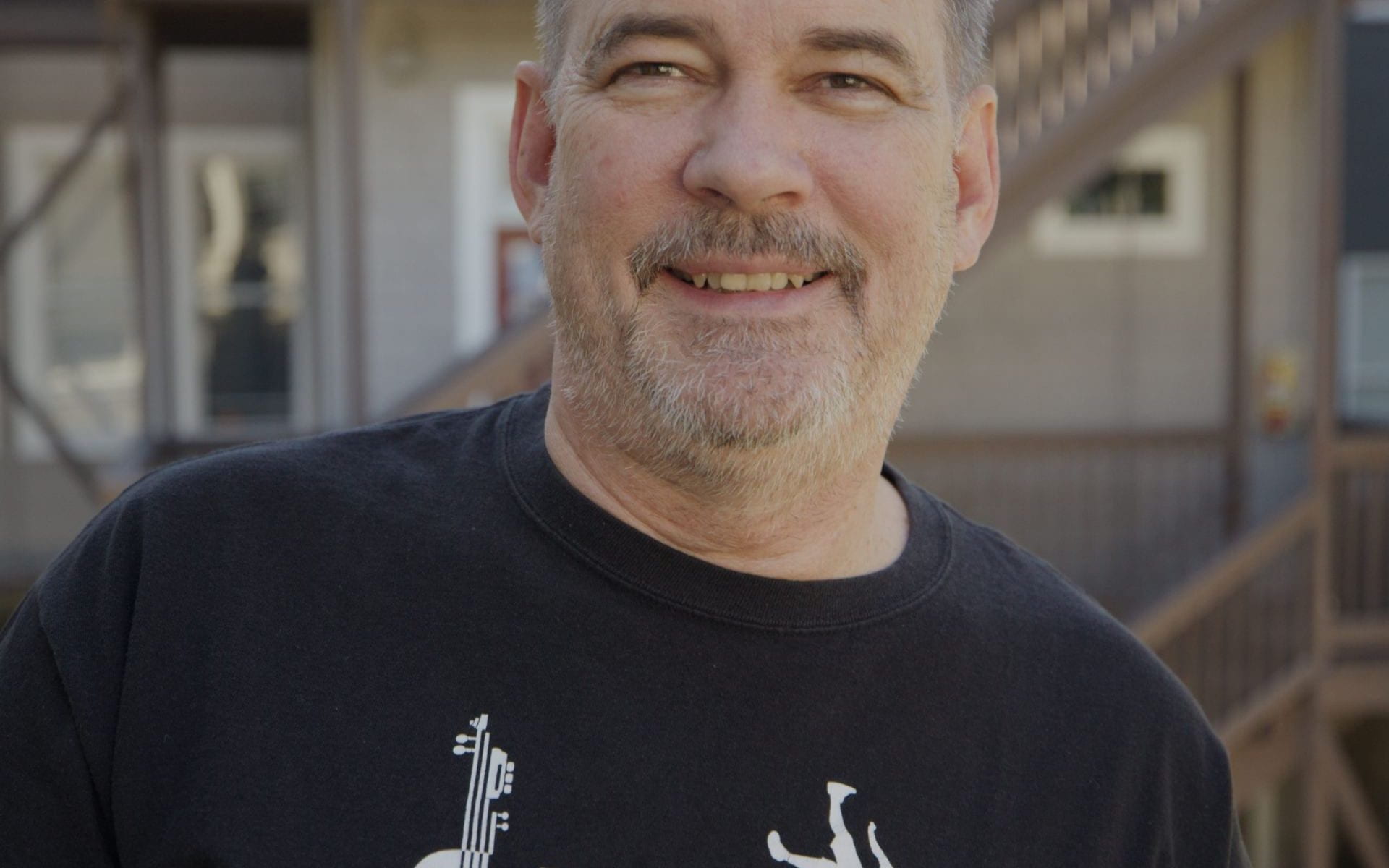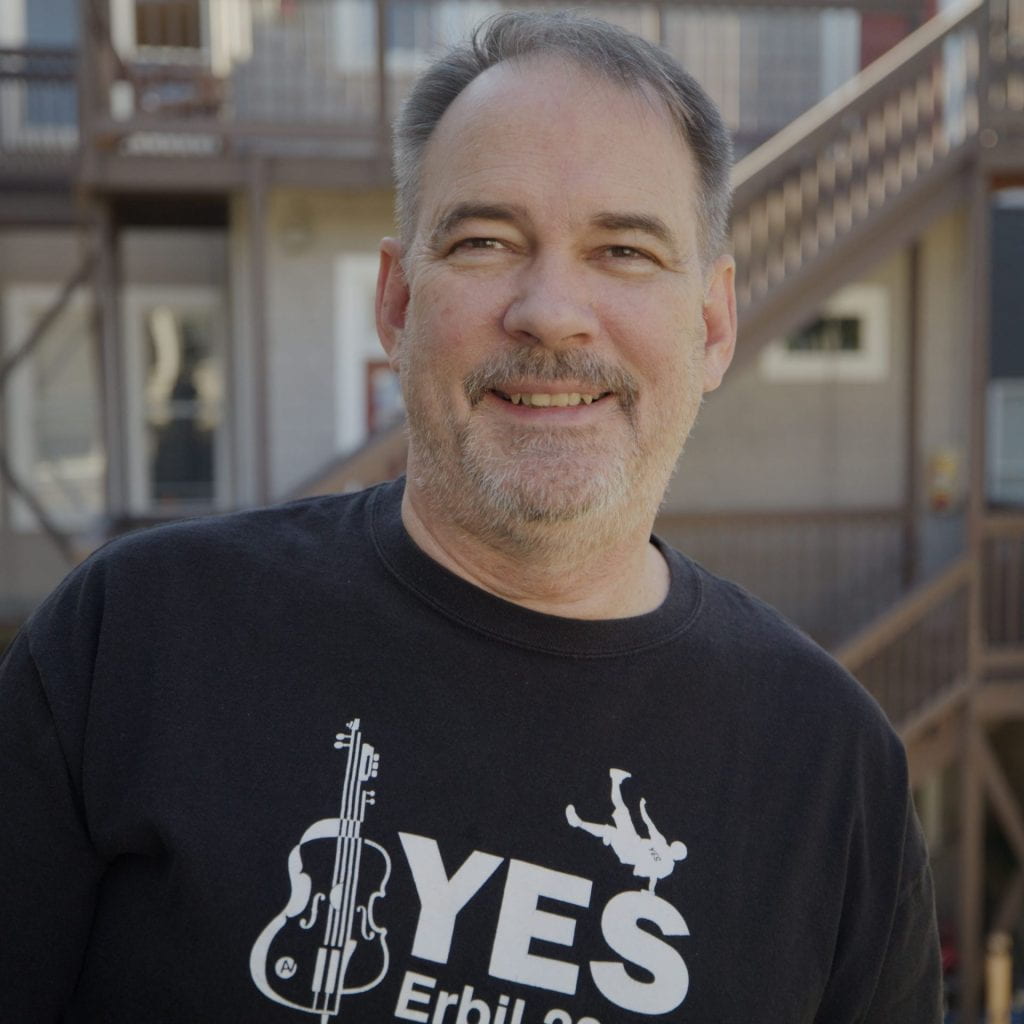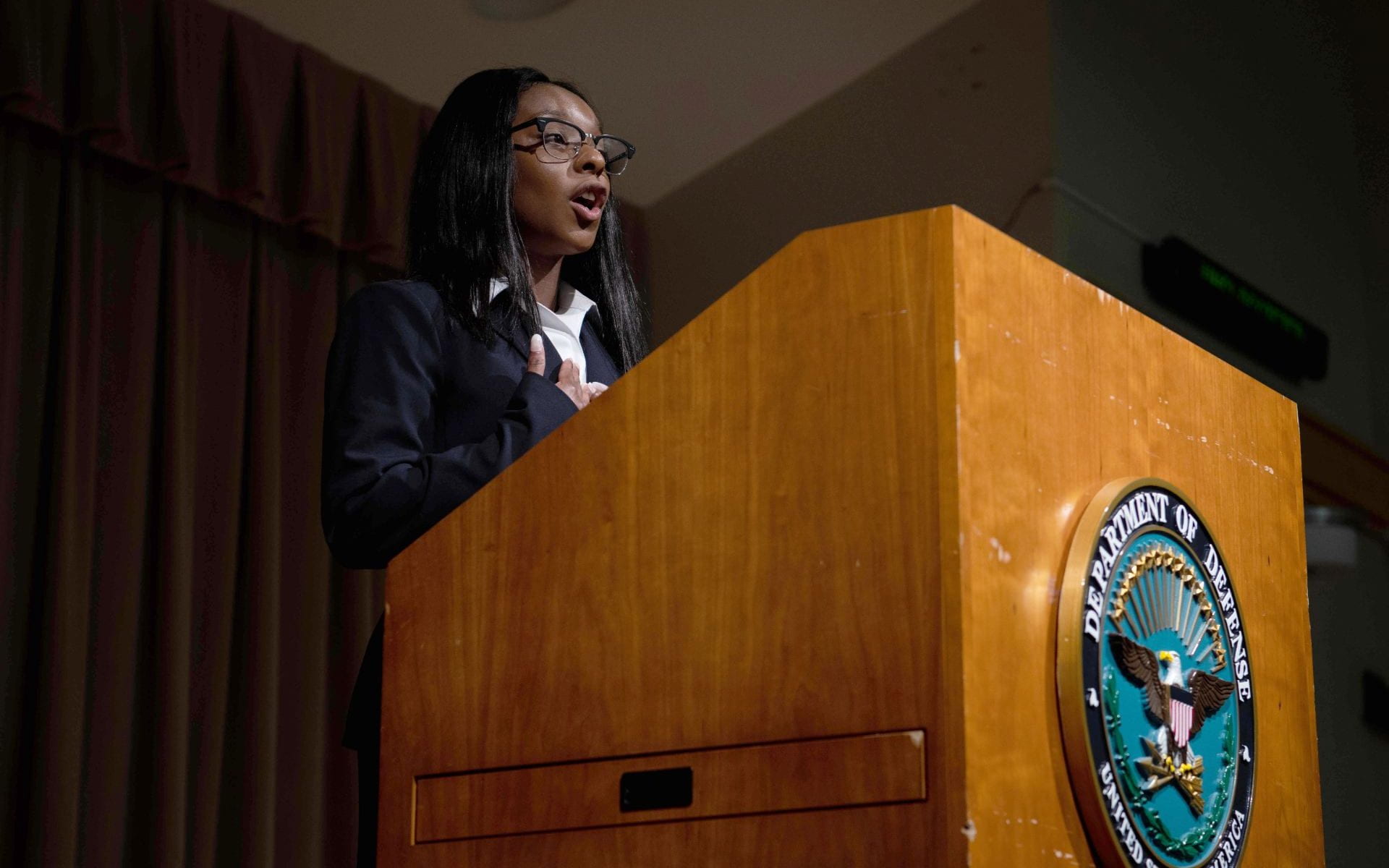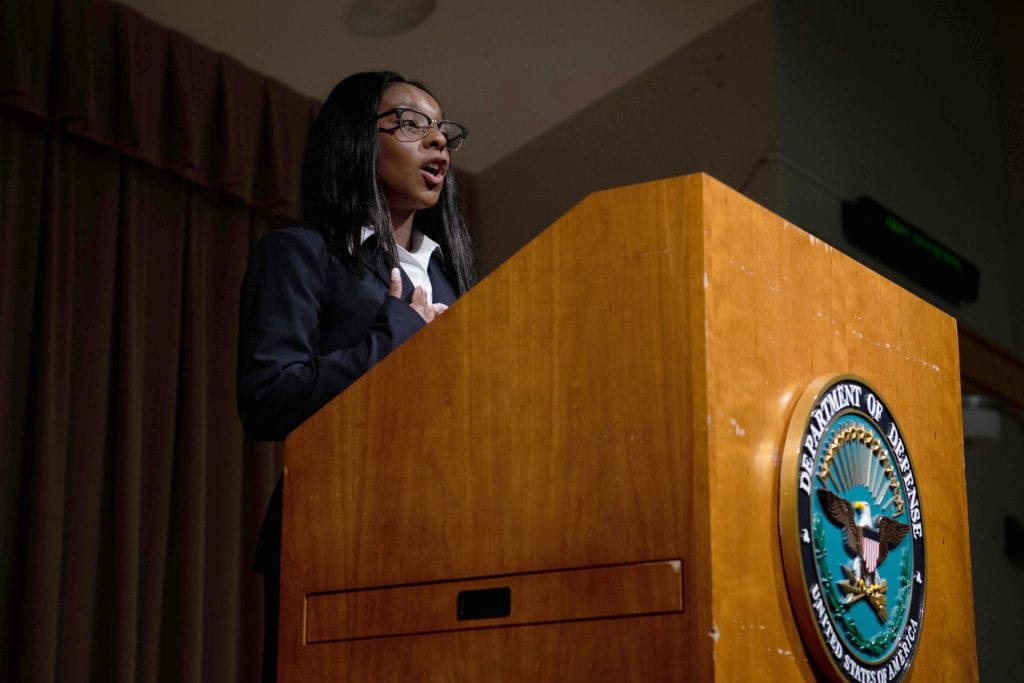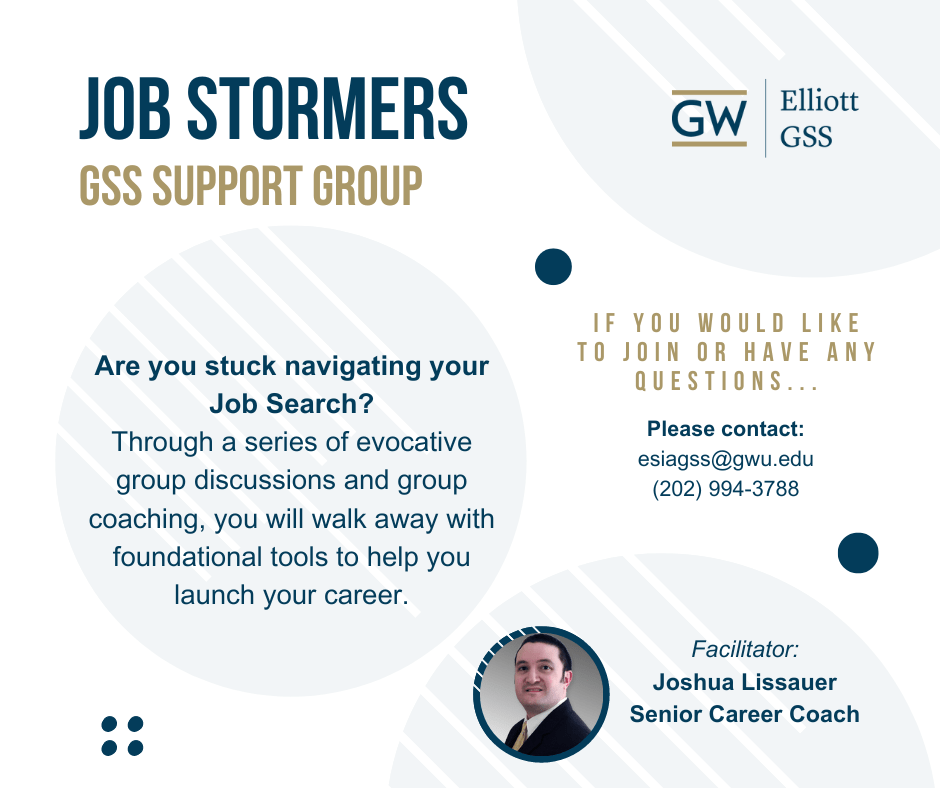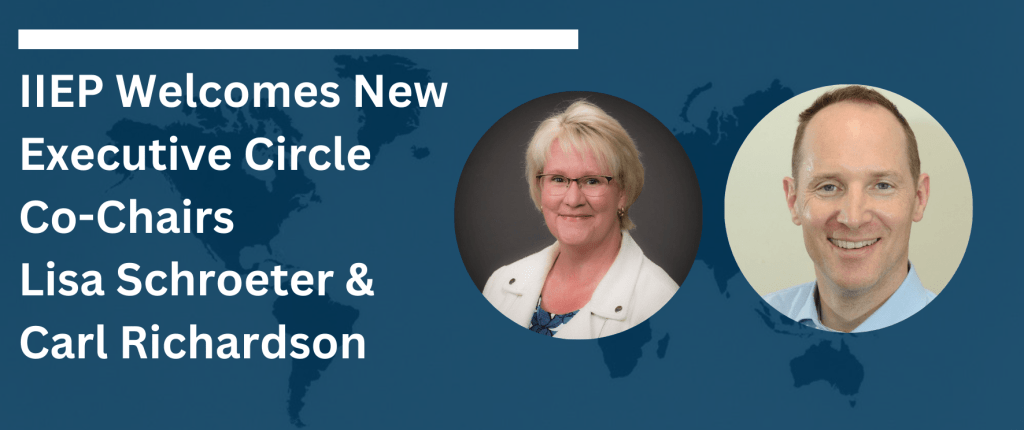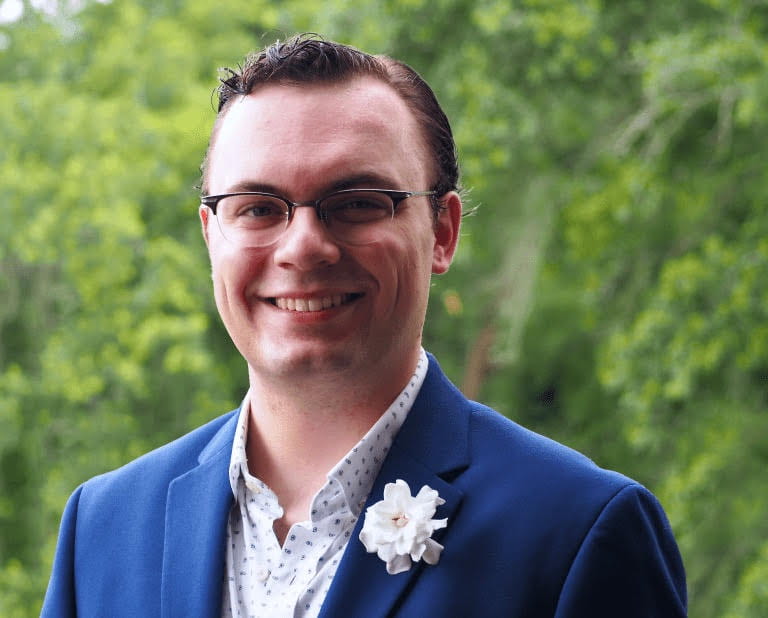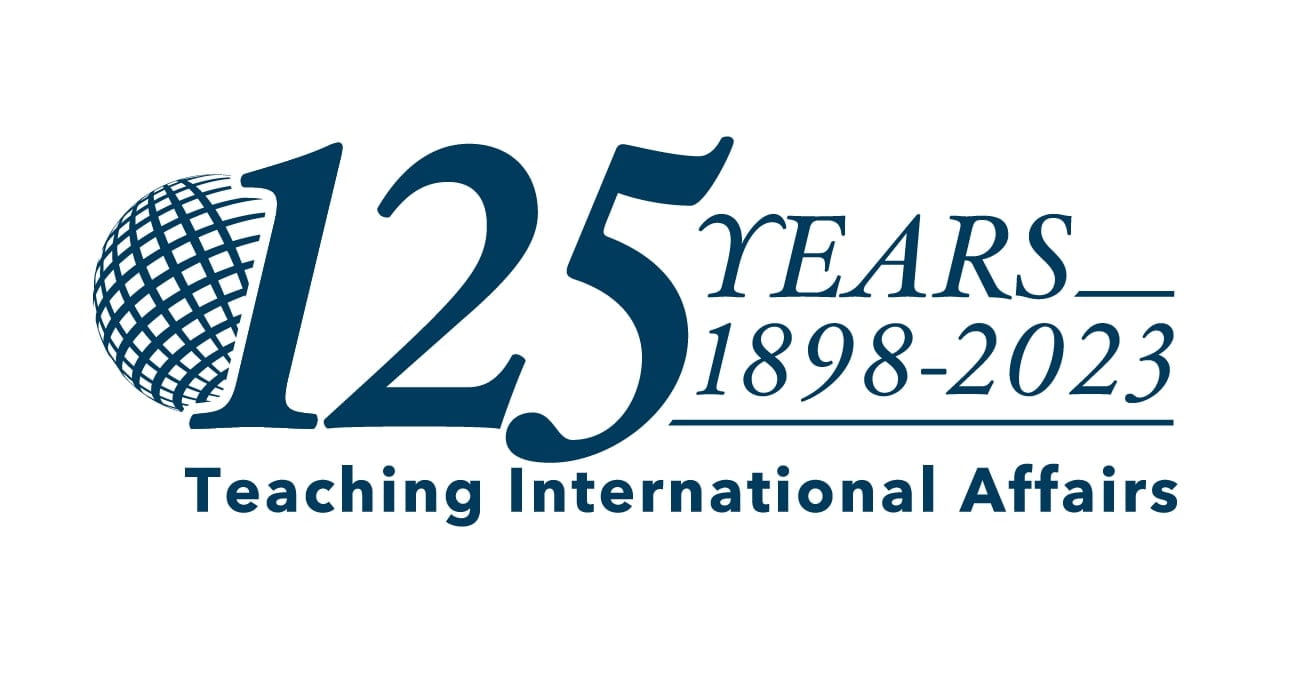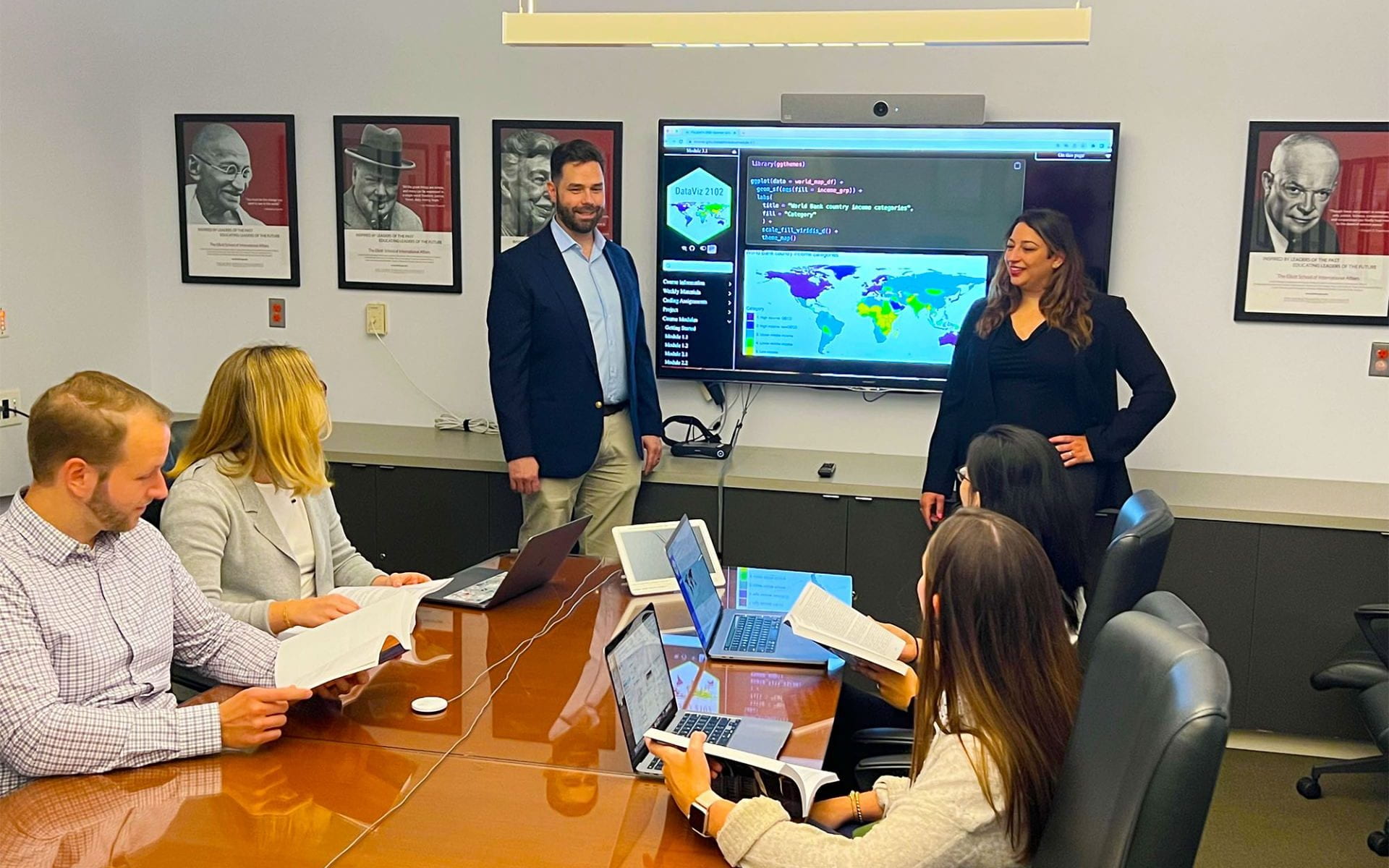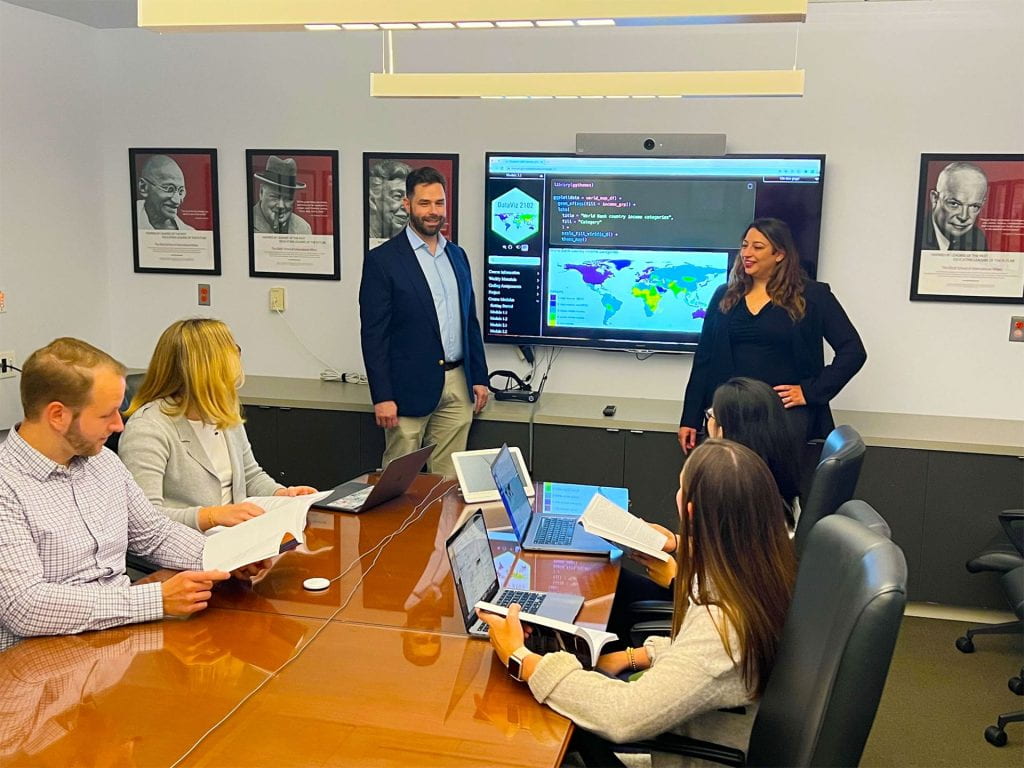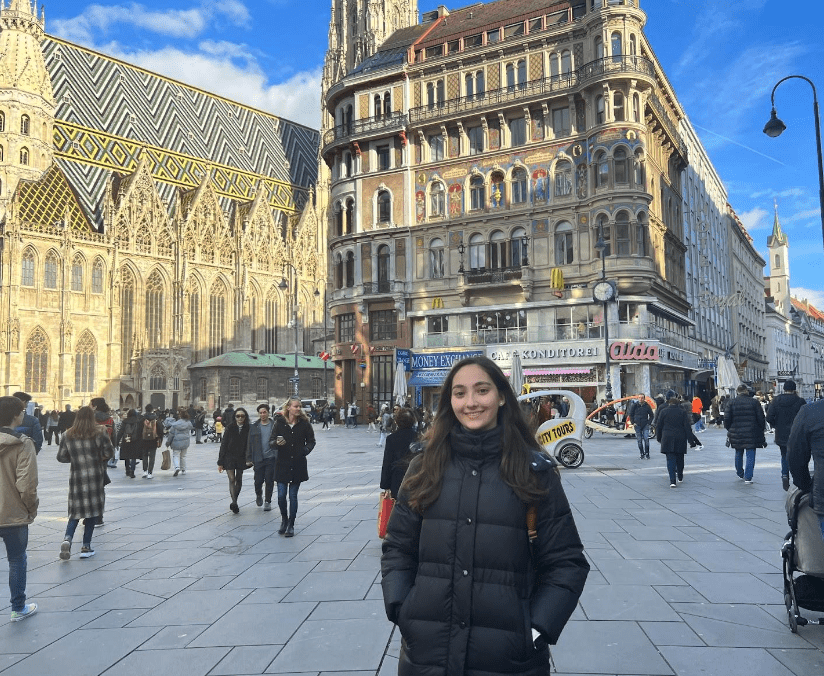Lisa Schroeter, BA ’92, and Carl Richardson, MA ’99, are stepping up to co-chair the IIEP Executive Circle, which offers strategic guidance to the GW Institute for International Economic Policy (IIEP), located at the Elliott School. The global group also mentors and supports students in the Elliott School’s MA program in international economic policy.
Carl A. Richardson is a partner at Richardson Capital LLP.
Based in London, Carl jointly leads the Richardson business, a multi-generational, international investment firm with a business portfolio embedded across the world.
The independent family business was founded more than 70 years ago in the West Midlands, the heart of the United Kingdom. Current growth capital investments include an award-winning Swiss technology company, a UK financial services business, a US-based medical real estate company, and the largest avocado grower in New Zealand.
Real estate holdings encompass significant office and residential holdings, distribution centers, and leisure, and infrastructure properties.
Real estate holdings are significant in scale and content, encompassing office, residential, distribution centers, leisure, and infrastructure properties.
Carl is also Trustee of the Richardson Brothers’ Foundation, and recent past posts include Honorary Captain in the Royal Navy Reserve and Deputy Lieutenant for the West Midlands (representing the Royal Family in the region).
Earlier in his career Carl was an International Officer at HSBC Bank, working in London, the United Arab Emirates, and Hong Kong. Carl was educated at King’s College London, the Sorbonne, and the George Washington University.
“As a proud alumnus of the Elliott School of International Affairs, I am delighted to now serve as co-chair of the IIEP’s Executive Circle alongside Lisa Schroeter,” Carl noted.
Lisa Schroeter, who joins Carl as co-chair, is also a passionate leader in the business world.
GW has been a formative part of Lisa’s DC experience and launched her lifelong commitment to international affairs, especially when she studied abroad in Paris and Brussels during her junior year. Living on her own in the City of Light, Lisa says, led her to “a level of independence and cultural curiosity that has been an essential part of my success, personally and professionally.”
All these experiences have contributed to Lisa’s long-standing career in trade, including the current position as Global Director of Trade & Investment Policy at Dow. In that role, Lisa sees firsthand the opportunity to bring communities together, to create development opportunities through access to innovative products and technologies, and to promote circular economy approaches for a more sustainable world.
Along with her day job, Lisa chairs the Association of Women in International Trade Trust, is a member of the Council on Foreign Relations, and is a senior docent at the Folger Shakespeare Library. Her colleagues know her as an outstanding thought leader with a contagious passion for trade policy, a champion for gender equality, and a generous mentor.
“I am truly honored to co-chair the IIEP Executive Circle with Carl,” noted Lisa “We welcome the opportunity to bring our private sector perspective to the executive circle, especially engaging across the GW community – in DC and around the world. This is a unique opportunity to create dialogue for action.”
Lisa and Carl step into shoes recently worn by Deborah Lehr, MA ’89, and Frank Chi-Hong Wong, BA ’79, who, as the executive circle’s first co-chairs, established a robust dynamic for the group.
Since 2021, the executive circle’s two dozen members from around the world have become trusted advisors to IIEP’s faculty director, as well as to Elliott School Dean Alyssa Ayres. Through its philanthropy, the IIEP Executive Circle contributes to student employment at IIEP and student research with an emphasis on geo-economic policy.
In particular, IIEP Executive Circle members have supported six fellowships for students in the Elliott School’s MA program in international economic policy and 10 doctoral-level student research assistants to faculty, as well as thought-leadership programs in business, development, climate, and trade policy.
“With Deborah and Frank as inaugural co-chairs, the IIEP Executive Circle deepened our alumni community’s connection to IIEP, strengthening the institute and providing opportunities for student engagement – a consequential accomplishment,” Dean Ayres said. “We are immensely grateful to them.
“As we move ahead, I am delighted and excited that Lisa and Carl are the new chairs. Their inspiring leadership will help us to strengthen the IIEP Executive Circle and deepen interactions across the GW and Elliott School global community – students, faculty, alumni, parents, and other school leadership groups.”
The executive circle kicked off the year with the “GW International Economic Policy Breakfast” in New York on September 26. Lisa was instrumental in developing the program, which features a high-powered panel of senior financial leaders. “Bringing people together is a catalyst for great ideas,” Lisa said.
Carl also is focused on forging new global relationships that will enhance opportunities for members of the GW and Elliott School community. “The co-chairs will build synergies and create more international networking opportunities,” he said.
————————————————————————————————————–
Interested in joining or supporting the GW IIEP Executive Circle? Please contact Joe Strodel, assistant vice president for development, at jstrodel@gwu.edu .
